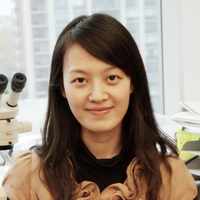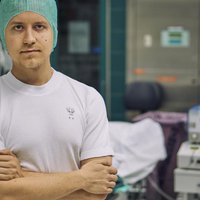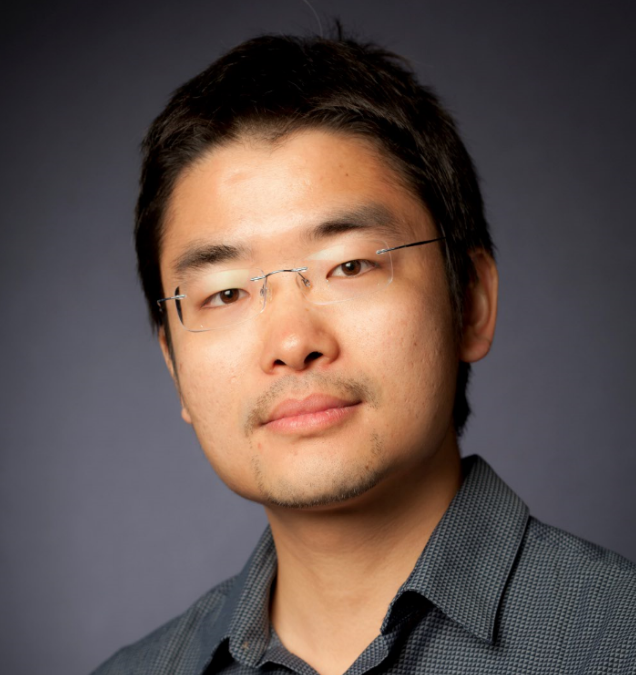When people talk about the intestines, they are very familiar with its digestive functions. But few know the important role of the human gut in the immune system. Being the largest mucosal immune organ, the number of microorganism living in human intestines far exceeds the total number of cells in the human body. It is these microorganisms that the intestinal immune system co-evolved with; not only forming the first line of defense of the intestinal epithelial cells, but also forming an immune system that can precisely regulate intestinal homeostasis.
More and more studies have found that many diseases such as inflammatory diseases (inflammatory bowel disease, rheumatoid arthritis), metabolic diseases (diabetes), and even neurological diseases (depression, autism, Parkinson) and tumors are closely related to intestinal immune responses induced by microbes. However, little is known about the mechanism utilized by the intestinal immune system to recognize the various microorganisms, and how intestinal immune cells mediate and regulate the immune responses to these microorganisms.
This is where Shu Zhu’s research comes in. As a professor at the University of Science and Technology of China, he published several papers in Nature and Science describing a new pair of NOD-like receptors - Nlrp9b and Nlrp6 - in the intestines that can recognize different enteroviruses and initiate various immune responses. Enteroviruses are highly contagious and are potentially lethal viruses estimated to cause the death of over 600,000 children each year. By finding a mechanism to identify these viruses and using it to develop targeted therapies, the world stands to benefit greatly in both immunology research and clinical therapeutics.
Today, Shu is leading a team of 20 researchers at his Lab of Mucosal Immunology and Precision Medicine under UTSC’s School of Life Sciences. His team focuses on using multiple mouse models and next-generation sequencing technologies to study the interactions between the intestinal immune system and the microbes that live within it, and these interactions’ effects on disease and human health.
According to Shu, a more specific and complex issue is how to inactivate or activate these receptors in appropriate pathological conditions in order to fine-tune the immune responses activated by them. In addition to the intestinal immune receptors, Shu also has a strong interest in the regulation of intestinal T cell-mediated immune responses and the regulation of the intestinal microbiota. His vision for his research - as he puts it - is “to make a huge discovery that will change the field, and develop drugs that can cure intestinal diseases.”




